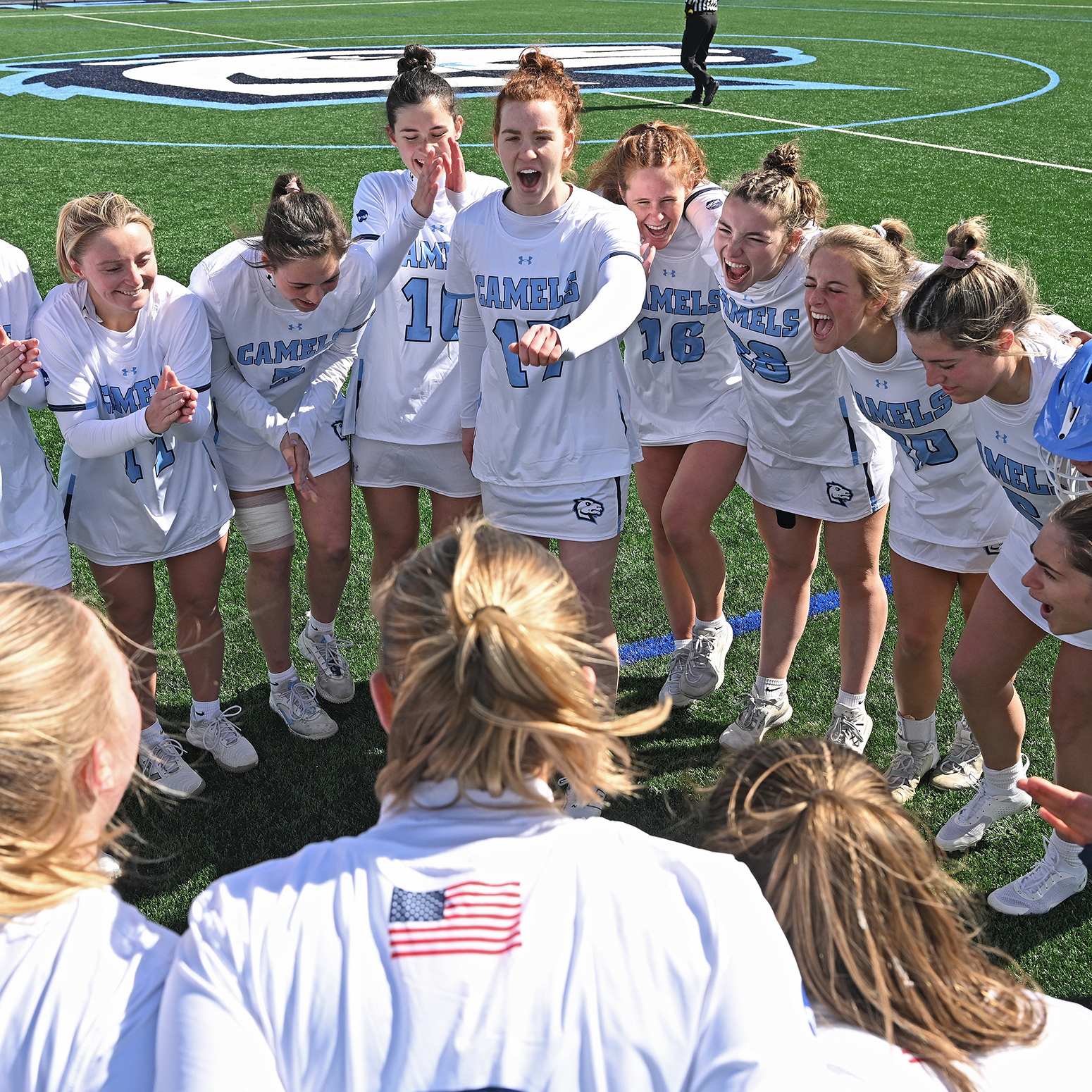
Professors awarded NEH summer research stipends
Jim Downs, professor of history and director of Conn’s American Studies Program, and Luis González, professor of Hispanic studies and director of Conn’s Latin American Studies Program, have each been awarded a $6,000 summer stipend from the National Endowment for the Humanities to conduct research to further their ongoing book projects.
Downs, who specializes in U.S. history, African-American studies and the history of medicine and public health, is researching how the treatment of enslaved and colonized peoples along with war casualties advanced the development of epidemiology in the 18th and 19th centuries for his third book, The Laboring Dead: From Subjugation to Science in Global History, which is under contract with Harvard University Press. Drawing on evidence from the British National Archives, the Wellcome Institute in London, and local and state archives in Malta, Spain, Ireland and the U.S., Downs investigates how scientific ideas about disease transmission developed outside of Europe and the U.S.—the traditional epicenters of medical knowledge production. His work uncovers how, in the period before the development of bacteriology and microbiology, physicians stationed throughout the world turned to dispossessed populations in order to advance medicine and science.
“My research interrogates the century before germ theory emerged, when science produced more questions than answers and developed as an unexpected outcome of colonial engagement, slavery and war,” Downs said.
“I plan to use the research from this book to contribute to a range of national and international conversations from global health to how those in power narrate epidemics to the ongoing repercussions of slavery, colonialism, and the American Civil War and the Crimean War.”
González, who specializes in Peninsular literature, Spanish film studies and Spanish cultural studies, is conducting a groundbreaking study that analyzes filmic responses to the tragic and enduring presence of forms, themes and motifs that belong to the tragic tradition in Spanish cinema. Modes of the Tragic in Spanish Cinema explores the relationship between tragedy and film through a close reading of 11 films by renowned directors such as Florián Rey, Miguel Picazo, Pedro Almodóvar and Paula Ortiz that span nearly a century of Spanish cinema.
“In this book, I argue that a tragic aura permeates many of the films produced in Spain in the 20th and 21st centuries that constitutes not only an essential element of these films but also a key factor in their aesthetic and ideological efficacy and commercial success,” González said.
“This is an original approach, since most of the critical work on Spanish film has been concerned with issues such as national identity, gender and immigration.”
NEH Summer Stipends are extremely competitive, with just nine percent of applicants receiving funding in the last five years. The stipends are 100 percent federally funded.
“College and universities may only nominate two faculty each year for summer stipends. To have two nominees win in a single year is a testament to the strength of our humanities faculty,” said Dean of the Faculty Jeffrey Cole.

